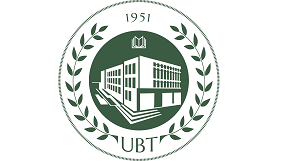EGEONU NDUBUISI ERNEST 1* AND AJUKA PASCHAL NNAEMEKA 2
1 Department of Rural Sociology and Extension, Michael Okpara University of Agriculture Umudike, Abia State
2 Department of Chaplaincy Services and Education, University of California, Davis Sacramento
Abstract
The study examined the impact of alternative communication methods in mobilizing rural dwellers for participation in child healthcare. It was conducted in South East Agro-Ecological Zone of Nigeria. Multi stage sampling technique was used to select respondents for the study. Four states in the zone were selected for the study; these were two states that participated in a UNICEF communication project, Community Dialogue and two others that never participated in the project. Two Local Government Areas were selected from each state. Two communities were selected from each of the sampled LGAs. Randomly, twenty five respondents were sampled from each of the selected communities. This gave a total sample size of 200 respondents for each group of respondents. A set of structured questionnaire was used to collect data for the study. Frequency count, percentages and Paired t-test were used to analyse the data collected from the study. Result of the study showed that greater number of respondents that participated in the UNICEF community dialogue had better knowledge and understanding of information on community participation in child healthcare and were more attitudinally disposed towards it. Result of the t-test for a difference in attitude and behaviour of the two groups of respondents towards community participation in child healthcare showed that at 1 per cent, significant difference exist in the attitude and behaviour of the two groups of respondents. It was recommended that media houses and agencies concerned with rural social change should adopt traditional communication in information dissemination.
Keywords: Traditional communication, Rural, Participation, Mobilization, Impact

